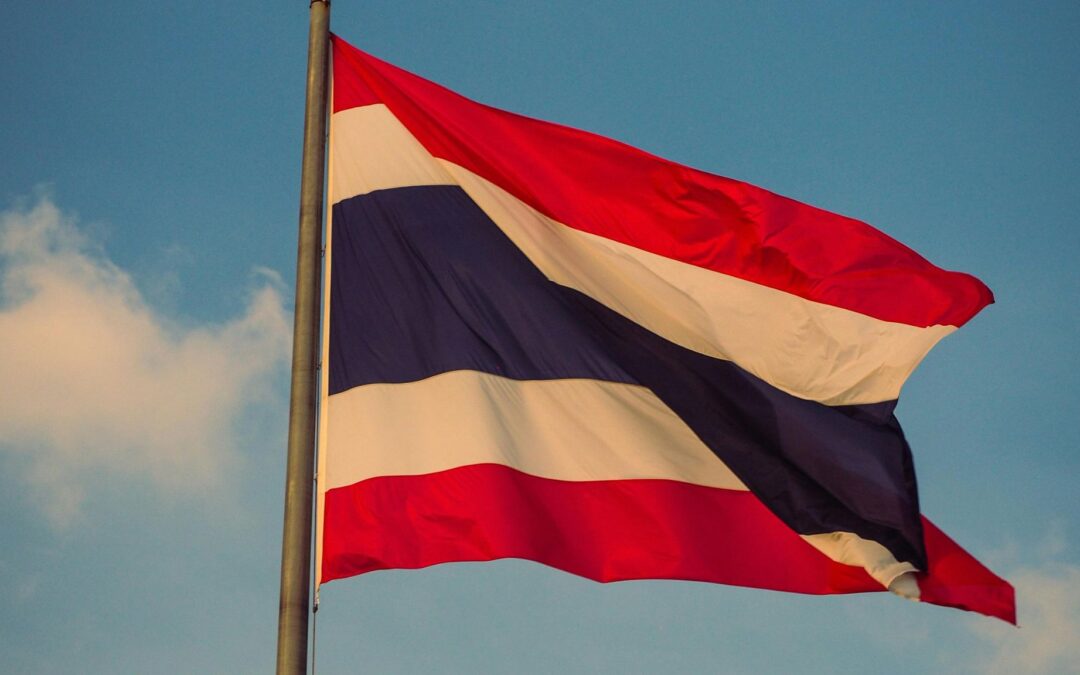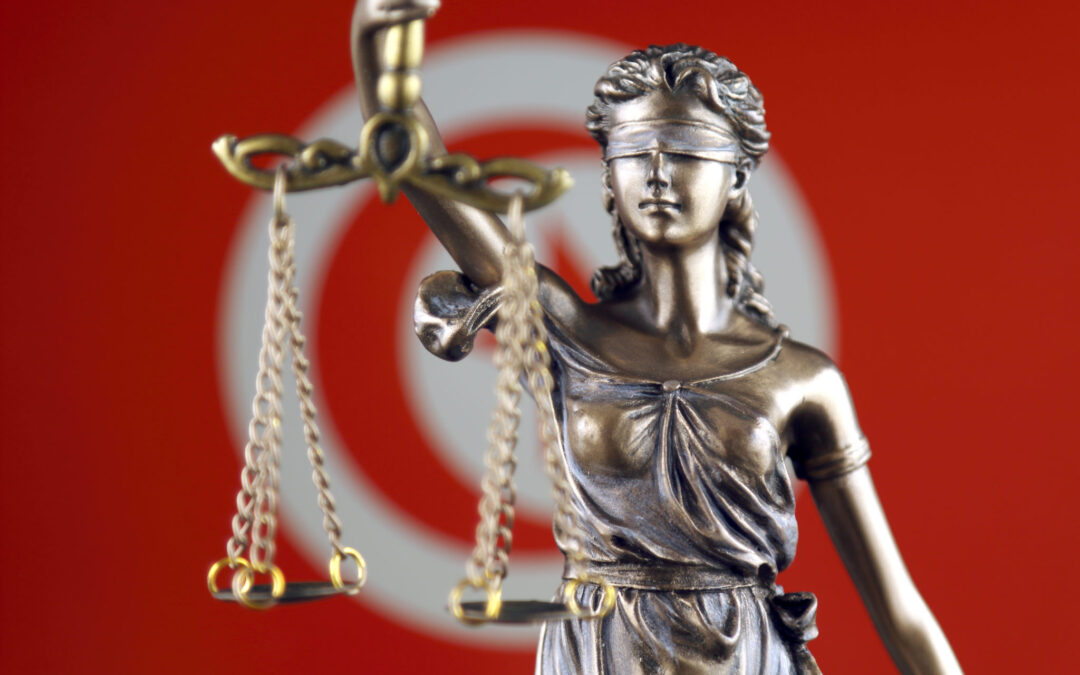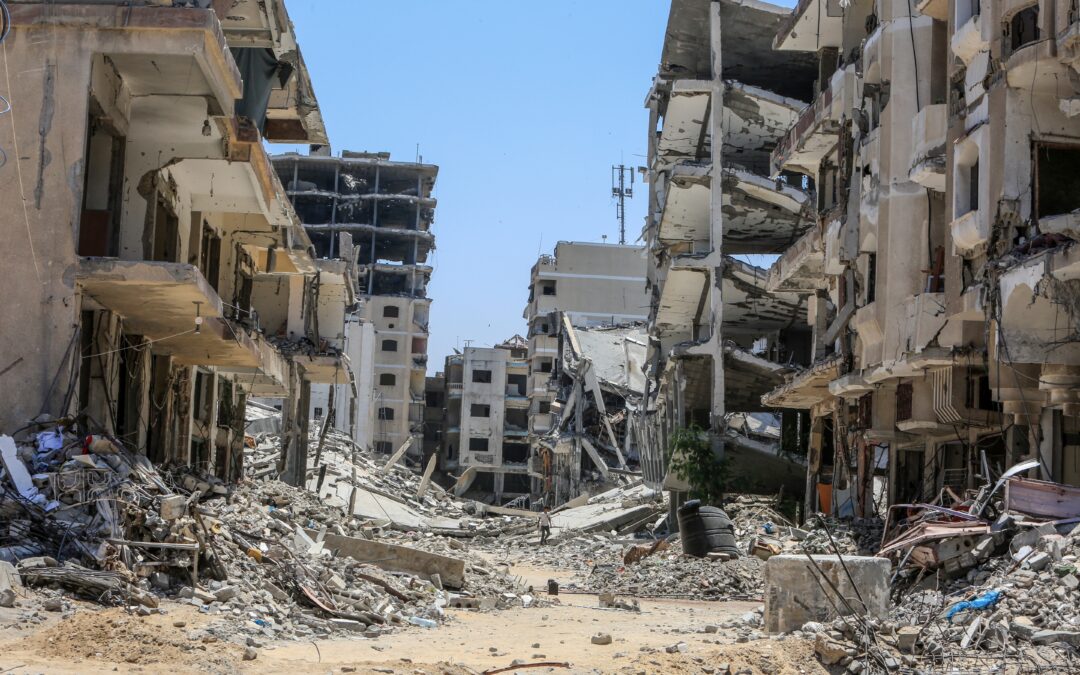


Tunisia: Unfair Presidential Election Undermines Human Rights and Deepens Political Crisis
The Tunisian presidential election, held on 6 October 2024, failed to meet international standards on fairness and transparency, and to ensure Tunisians’ human right to take part in the conduct of public affairs and to be elected to public office, the International Commission of Jurists said today. On 7 October, the Electoral Commission (ISIE) announced that President Kaïs Saïed had been re-elected by 90.69% of the electorate on a turnout of 28%.

Palestine/Israel: One Year On, Accountability for War Crimes and Protection of Civilians Needed More than Ever
International law – including, chiefly, international humanitarian law – must be the compass for all warring parties and all States to end ongoing atrocities, secure a lasting ceasefire and ensure accountability for serious crimes under international law, the...
Egypt: Reject Draft Criminal Procedure Code
Proposed Changes Threaten Fair Trial Rights, Empower Abusive Officials. (Geneva, September 30, 2024) – The Egyptian Parliament must reject a proposed draft law that would replace the 1950 Criminal Procedure Code (CPC), Amnesty International, Dignity, Human Rights...




